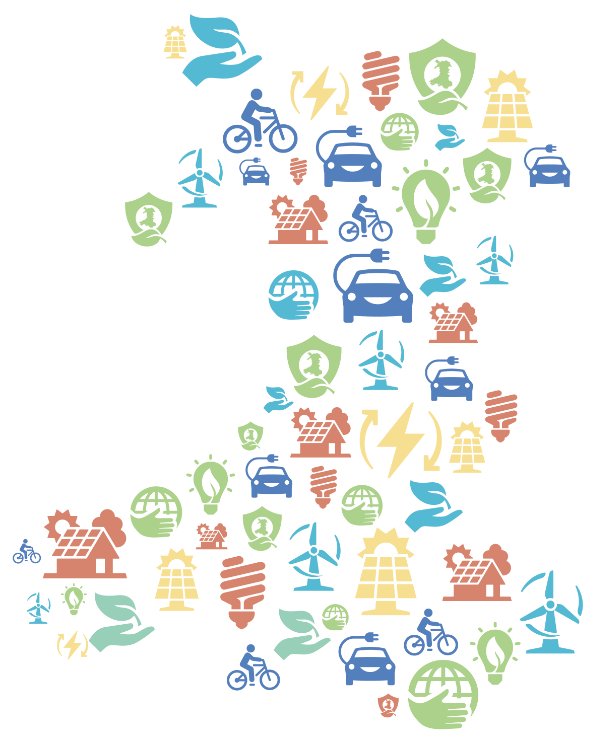Climate Change

John is a ClimateCymru Ambassador
Climate Cymru is an active network of nearly 300 organisations from every sector in Welsh society, and a movement of over 13,000 individuals from across Wales, who are concerned about climate change.

Wales Climate Week 2022
Wales Climate Week 2022 focused on climate choices and the important contribution that the general public can make in helping to tackle climate change; and formed part of the consultation on a new national strategy that will establish the guiding principles around how government, businesses and the general public can work together to address the climate and nature emergencies.

Wicked Weather Watch
Wicked Weather Watch is a charity that aims to provide clarity for children and young people about climate change and global warming. We want children to have access to unbiased information and hope to bring the important issues to life for both children and their teachers.

MetOffice: Wales Climate
Wales has an essentially maritime climate, characterised by weather that is often cloudy, wet and windy but mild. However, the shape of the coastline and the central spine of high ground from Snowdonia southwards to the Brecon Beacons introduce localised differences. Whilst some upland areas can experience harsh weather, the coasts enjoy more favourable conditions and areas in east Wales are more sheltered and hence similar to neighbouring English counties.

Energy transitions: the geological story
This is Professor Mike Stephenson's third blog post following 2019's Geological Society Bryan Lovell Meeting which focused on the role of geological science in the decarbonisation of power production, heat, transport and industry.
It was more recently reposted on the Science Council website as part of the Connected for COP26 series.
Original article (with illustrations) at the Geological Society of London Blog
